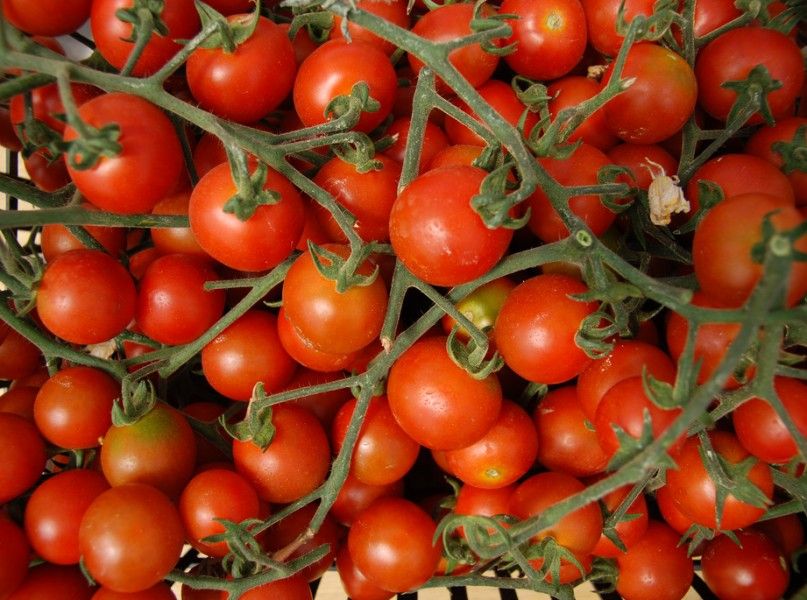The US Department of Agriculture (USDA) last week signed an equivalency agreement with Switzerland enabling the sale of US and Swiss organic products in either country.
This spells good news for US organic growers that will no longer need to pay two sets of fees or undertake two sets of inspections and paperwork to access the world’s most prolific organic consumer market; the population of Switzerland consumes more organic produce per person than any other global population, according to the Organic Trade Association.
Alongside similar agreements with Canada, the European Union, Japan and Korea, signed in 2009, 2012, 2013 and 2014 respectively, this deal has helped to double the organic market access for US organic growers globally.
Organic food sales in the US reached $35.9 billion in 2014 and some $3.2 billion of US organic products were exported that year, according to OTA. The USDA estimates that equivalency agreements with Canada, the European Union, Japan, and Korea are worth a further $35 billion and Swiss organic retail sales jumped 12 percent to $2 billion in 2013, according to Bio Suisse, Switzerland’s organic sector representative.
The agreement is also positive for the US job market as the organic market has quadrupled the national job creation rate in the past, according to Laura Batcha, chief executive of OTA.
The deal was reached after technical experts from the United States and Switzerland, including OTA, conducted on-site audits in each country to ensure regulations quality, control measures and certification requirements were compatible and reviews will take place periodically, according to a USDA press release.
“This new arrangement has been three years in the making, and we thank and congratulate officials at the US Department of Agriculture and the Office of the US Trade Representative for their successful collaborative efforts,” said OTA’s Batcha. “Swiss consumers put a high value on food quality and nutrition and they’ve made organic a part of their daily diets. Now they will be able to enjoy greater access to the high-quality organic products from the US.”





